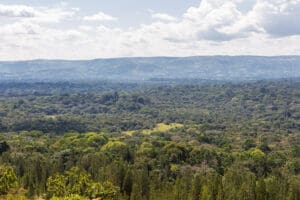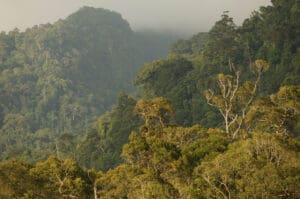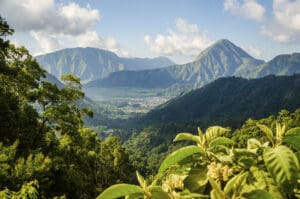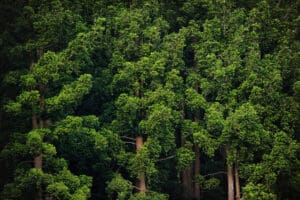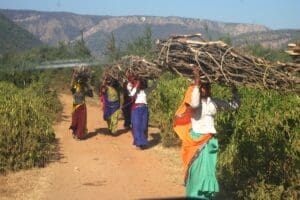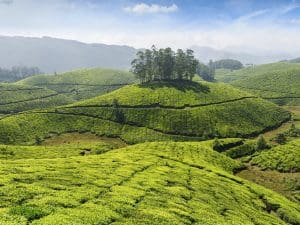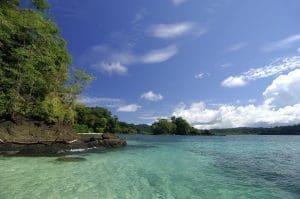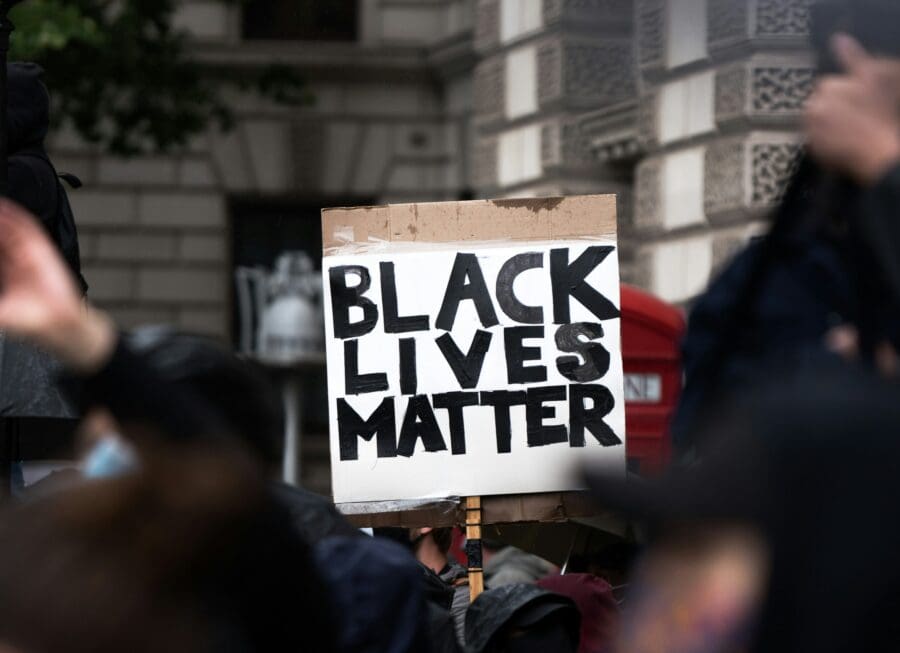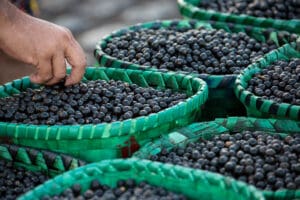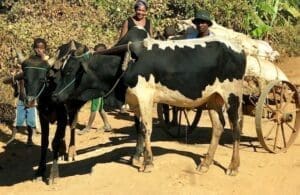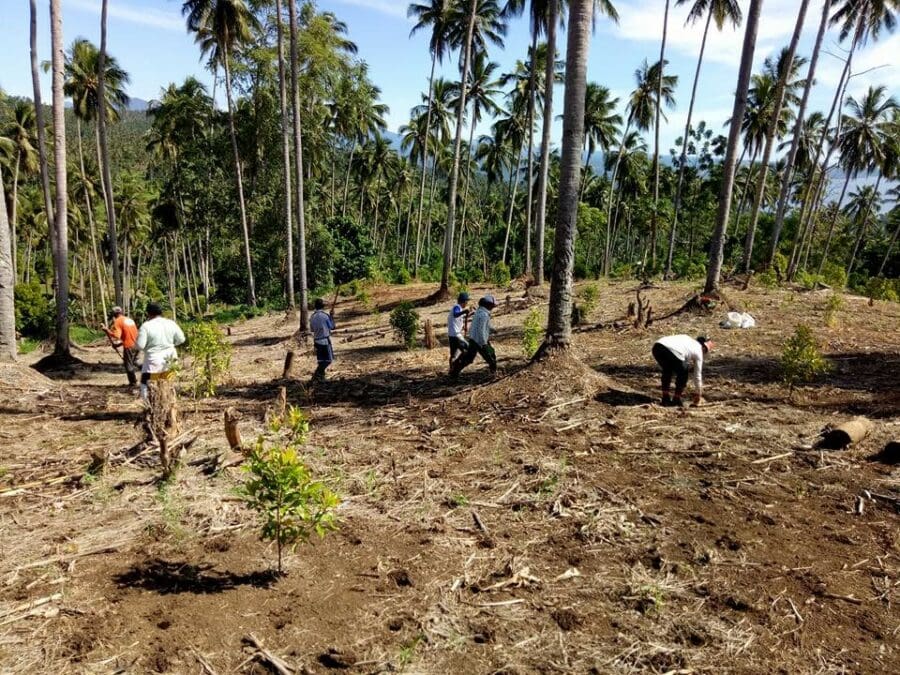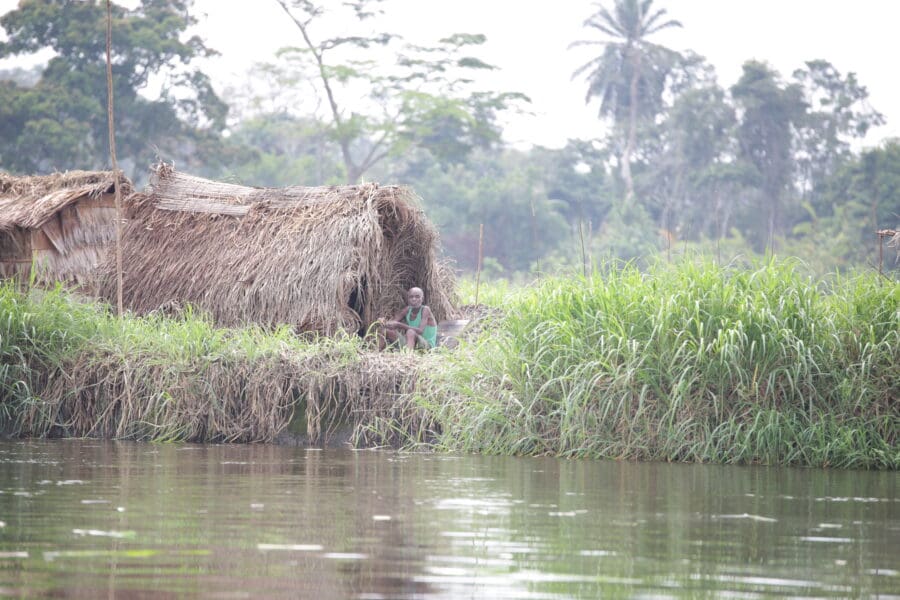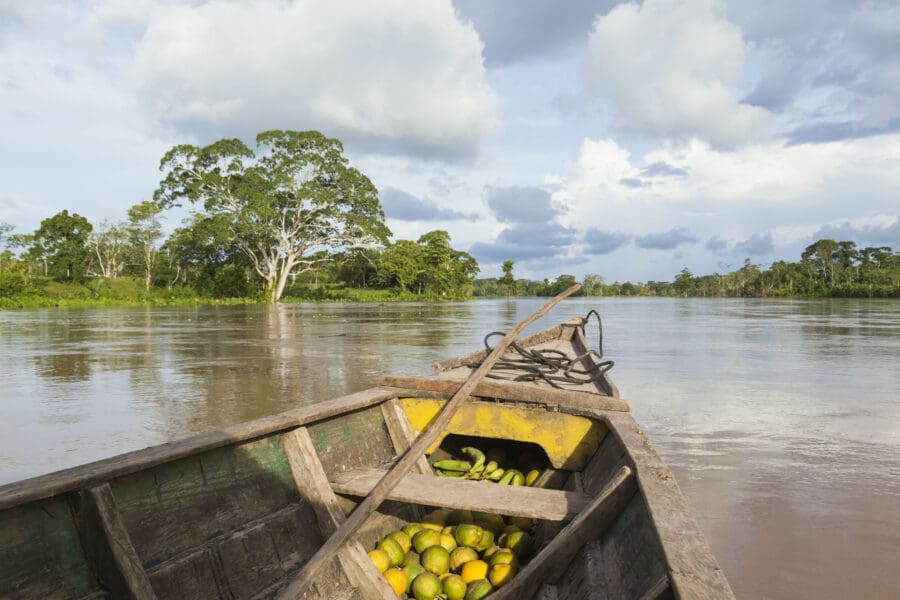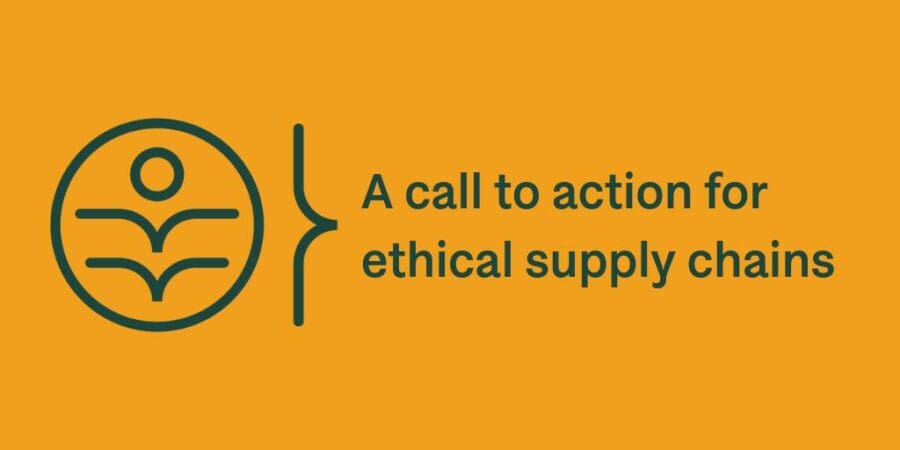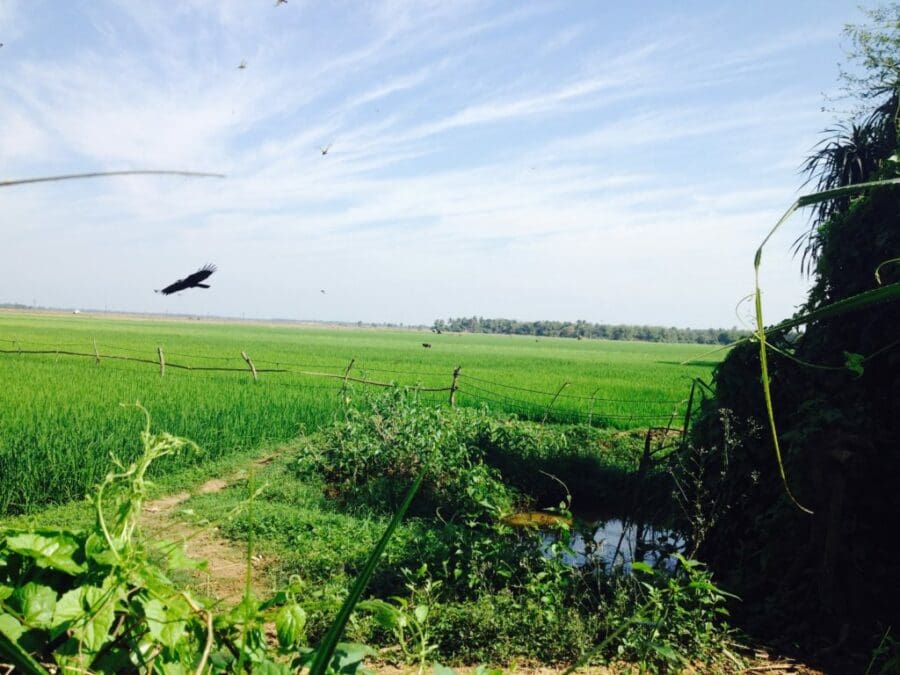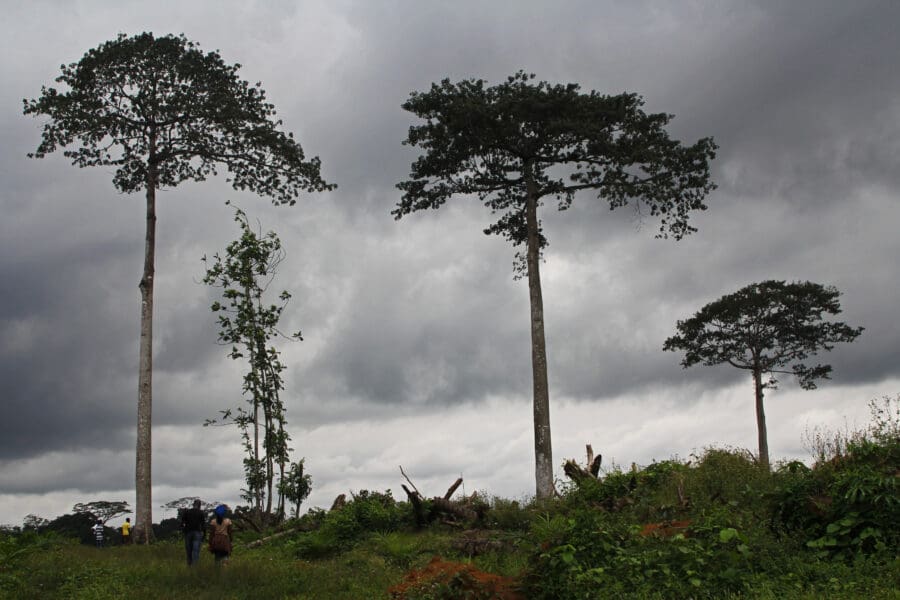The Amazon’s peoples and representative organizations, threatened by the ongoing pandemic, are calling upon supporters across the world to join their fight to protect the Amazonian territories from this crisis. The virtual gathering, "The Jungle Screams: Voices of the Amazon," will analyze and build proposals to fight Covid-19, climate change, patriarchy, gender-based violence, and political systems that hijack democracy. This event is open to participation.
As rising pollution levels, accelerating climate change, and population growth accumulate pressure on the world’s freshwater resources, there has never been a greater need to legally secure the freshwater rights of the Indigenous peoples and local communities who claim and steward over half of the world’s land — including vital watersheds that sustain healthy aquatic and terrestrial ecosystems.
A new operational guide is set to help Indigenous and local communities sustainably manage their forest concessions in the Democratic Republic of the Congo (DRC).
In May 2017, Kenya’s Ogiek people, a hunting and gathering community, won a landmark victory before the African Court on Human and Peoples’ Rights after…
Africa is currently experiencing what can be called its “third great land transformation.” This follows the first one inaugurated by colonial powers, and a second one launched by postcolonial states for developmental and infrastructural purposes. The 21st century wave of land grabs, which has exploded in recent years, constitutes the third.
With surging international, national, and sub-national policy attention to land tenure security (LTS) in developing countries in recent years, it is timely to ask: What have been the effects of thousands of efforts to improve it in dozens of developing countries? To date, almost all efforts to answer this question have been relatively small-scale, discrete studies within the boundaries of a single country.
A new study from RRI documents the multidimensional impacts and multiplier effects of collective rights violations by extractive industries and infrastructure development in Latin America. The study tracks 102 cases involving Indigenous Peoples, Afro-descendants, and local communities.

New RRI Study Shows Rights-Based Conservation as Viable Path to Achieving Global Biodiversity Agenda
Historically snubbed by exclusionary conservation, Indigenous and local communities’ role is integral to achieving the UN’s ambitious 2030 global biodiversity agenda. Over 1.65 billion Indigenous Peoples, local communities, and Afro-descendants hold the key to preventing a global biodiversity collapse. Recognizing tenure rights of Indigenous and local communities is projected to cost less than 1 percent of the cost of resettling the populations in biodiverse areas.
Damaging the Forest, Harming People - Negative impacts of the illegal timber trade between Cameroon and Vietnam
New study shows forest rights recognition as game changer in building emergency resilience in forests
Regional community representatives call on the UN and governments to give local communities due recognition by defining who they are.
Em nome da Coalizão Rights and Resources Initiative (RRI), uma rede internacional de Povos Indígenas, Quilombolas, organizações comunitárias locais e seus aliados, estou escrevendo para informá-lo de nosso profundo desalento com o recém-lançado Relatório Planeta Vivo 2020.
The importance of governance has gained momentum and wider meaning, yet it remains a confusing concept. Edmund Barrow FRSA looks at what it means in practice and suggests some ideas for understanding and supporting local governance.
We depend on and are part of nature. Our life-giving water, the air we breathe is cleansed and revitalised, the food we eat comes from a living soil. Many of our health cures have origins in nature and our education and spiritual sustenance requires exposure to nature. Edmund Barrow FRSA argues our current economic and development paradigms fail to recognise this which requires a shift from being ‘tourists’ to pilgrims when it comes to our place on Earth.
We at the Rights and Resources Group (RRG) know that the events of the past weeks and the murders of Ahmaud Arbery, George Floyd, and Breonna Taylor by police officers are only a snapshot of the white supremacy that underlies widespread injustice against Black lives.
After 70 years of military rule, Myanmar is in a process of defining its federal system. Exploring lessons learned in other countries that have a similar set of issues can shed light on how to build a democratic and federal system of government in Myanmar that respects its ethnic people. A new report explores whether indigenous and community rights have been recognized in three countries that have federal systems of government and also have extensive indigenous communities—Canada, Ethiopia, and Brazil.
Recent discussions at the Global Landscapes Forum in Accra, Ghana, which revolved around tenure policy and forest landscape restoration in Madagascar, shed light on some of the issues impeding progress toward achieving positive social and ecological restoration outcomes globally.
In Mangkit Village, North of Sulawesi in Indonesia, land was returned to farming families, ending a long struggle between the community and a plantation company. This has crucial implications for the communities’ livelihoods and very survival.
Spurred by international policy commitments and growing demand from their constituencies, African land institutions are looking to place community land rights at the center of national development agendas.
We already know the solution to climate change: reduce emissions and protect forests. And luckily, there is a group of experts who are uniquely suited to manage, protect, and restore the world’s forests: Indigenous Peoples and local communities.
O apelo de ONGs líderes para que as empresas sigam a Accountability Framework (o Quadro de Responsabilização) para acabar com a destruição do ecossistema e violações dos direitos humanos na produção, comércio e financiamento de carne bovina, óleo de palma, polpa, madeira, soja e outras mercadorias.
Leading NGOs call on companies to follow the Accountability Framework to end ecosystem destruction and human rights violations in the production, trade, and finance of beef, palm oil, pulp, timber, soy, and other commodities
The recent IPCC report was the first to recognize the critical importance of securing indigenous and community land rights as a climate solution.
RRI’s Strategic Analysis and Global Engagement Director Alain Frechette discusses the evidence behind this finding.
The work to address the longstanding issue of insecurity around land does not end with legislation. Liberia’s citizens will not gain from the protections of the LRA without implementation. Nor can the government go it alone: given their proximity to communities, history of advocacy on behalf of marginalized groups, and their familiarity with the government’s platform under the new law, civil society organizations are ideal partners for implementation.




